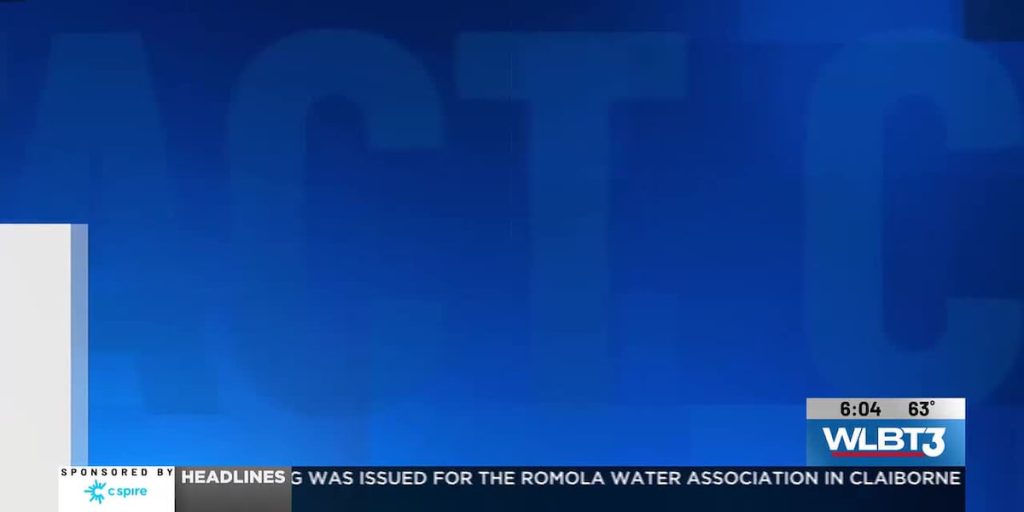Listen to the article
State auditors and officials have found no evidence to support claims of widespread fraud in Mississippi’s Supplemental Nutrition Assistance Program (SNAP), contradicting recent assertions that have circulated among some state lawmakers and on social media.
The Mississippi Department of Human Services (MDHS), which administers the federal food assistance program in the state, reports that fraud accounts for less than one percent of all SNAP benefits distributed in Mississippi. This figure aligns with national statistics from the U.S. Department of Agriculture, which oversees the program at the federal level.
“We take program integrity extremely seriously,” said Bob Anderson, Executive Director of MDHS. “Our data consistently shows that instances of fraud are rare and isolated, not systemic as some have suggested.”
The clarification comes after several state legislators claimed during recent committee hearings that SNAP fraud was “rampant” in Mississippi, with some suggesting that as much as 20 percent of benefits might be improperly distributed. These claims quickly gained traction on various social media platforms despite lacking factual support.
Mississippi State Auditor Shad White, whose office is responsible for investigating public assistance fraud, confirms that while his team actively pursues cases of misuse, the data does not support claims of widespread abuse.
“We investigate every credible tip we receive about potential SNAP fraud,” White said. “While we do uncover cases that require prosecution, the overall numbers simply don’t support the narrative that this is a pervasive problem draining state resources.”
SNAP benefits represent a significant safety net for many Mississippians. The program currently serves approximately 420,000 residents—about 14 percent of the state’s population—with an average monthly benefit of $225 per person. The federal government fully funds the benefit payments, while administrative costs are shared between federal and state governments.
Food security advocates express concern that exaggerated claims about fraud could stigmatize legitimate recipients and potentially lead to policy changes that harm vulnerable populations.
“The overwhelming majority of SNAP recipients are children, elderly, disabled, or working adults with low wages,” explained Carol Jenkins, director of the Mississippi Food Network. “Spreading misinformation about widespread fraud can discourage eligible families from seeking assistance they genuinely need.”
The state’s robust verification system may contribute to the low fraud rate. MDHS employs a multi-layered approach to prevent misuse, including income verification, regular eligibility reviews, and cross-checking with other government databases.
When fraud is detected, the consequences can be severe. Recipients found to have intentionally violated program rules can face disqualification from the program, repayment requirements, and in serious cases, criminal prosecution.
Common violations include providing false information on applications, failing to report changes in household circumstances that would affect eligibility, or selling SNAP benefits for cash—a practice known as “trafficking.”
Mississippi’s approach to SNAP enforcement mirrors the federal government’s increased emphasis on program integrity over the past decade. The USDA has implemented enhanced verification systems and data analytics to identify suspicious patterns, resulting in a nationwide reduction in improper payments.
Economic experts point out that beyond helping individuals and families, SNAP benefits generate significant economic activity in local communities. The USDA estimates that every $5 in SNAP benefits generates approximately $9 in economic activity, as the money is spent quickly at local grocery stores and markets.
State Representative Omeria Scott, who serves on the House Public Health and Human Services Committee, urged colleagues to focus on data rather than anecdotes when discussing public assistance programs.
“These are evidence-based programs with measurable outcomes,” Scott noted. “Policy discussions should be grounded in factual information, not speculation or isolated incidents that don’t represent the broader reality.”
MDHS encourages anyone with information about potential SNAP fraud to report it through their hotline or website, emphasizing that targeting actual fraud helps preserve resources for those truly in need.
Fact Checker
Verify the accuracy of this article using The Disinformation Commission analysis and real-time sources.




11 Comments
It’s good to see the state data debunking claims of widespread SNAP fraud in Mississippi. Targeting social assistance programs with unsubstantiated fraud allegations is concerning and can undermine vital public support.
It’s reassuring to see the state data clearly contradicting the narrative of rampant SNAP fraud in Mississippi. Maintaining the integrity of these vital programs should be the priority, not unsubstantiated allegations.
This fact check serves as an important reality check on the claims of widespread SNAP fraud in Mississippi. Relying on official data and audits is crucial when assessing the integrity of public assistance programs.
The state’s data showing less than 1% SNAP fraud in Mississippi is a helpful reality check. Maintaining the integrity of these vital programs is important, but unsubstantiated claims of rampant abuse can be counterproductive.
The state auditor and officials confirming less than 1% fraud is in line with national statistics. Maintaining program integrity is important, but these claims of rampant abuse seem exaggerated and not supported by the facts.
Agreed. It’s concerning when unsubstantiated fraud claims gain traction on social media, especially when they target essential assistance programs. Fact-checking and relying on official data is crucial.
The Mississippi SNAP data is consistent with the broader trend – isolated instances of fraud, not systemic abuse. It’s important to ground policy discussions in facts rather than unverified social media narratives.
Exactly. Maintaining public trust in social safety net programs requires an evidence-based approach, not inflammatory rhetoric. Kudos to the state for providing the data to counter these unfounded claims.
The state auditor and human services department providing this data is an important step in ensuring policy discussions are grounded in facts, not unverified claims. Maintaining public trust in SNAP requires this level of transparency.
It’s crucial that public assistance programs like SNAP are administered with integrity, but these allegations of widespread fraud in Mississippi don’t seem to be backed by the available data. Fact-checking is vital to counter misinformation.
This is a good example of how fact-checking can counter misleading narratives that circulate on social media. The state’s data on SNAP fraud rates aligns with national statistics, providing a more accurate picture.